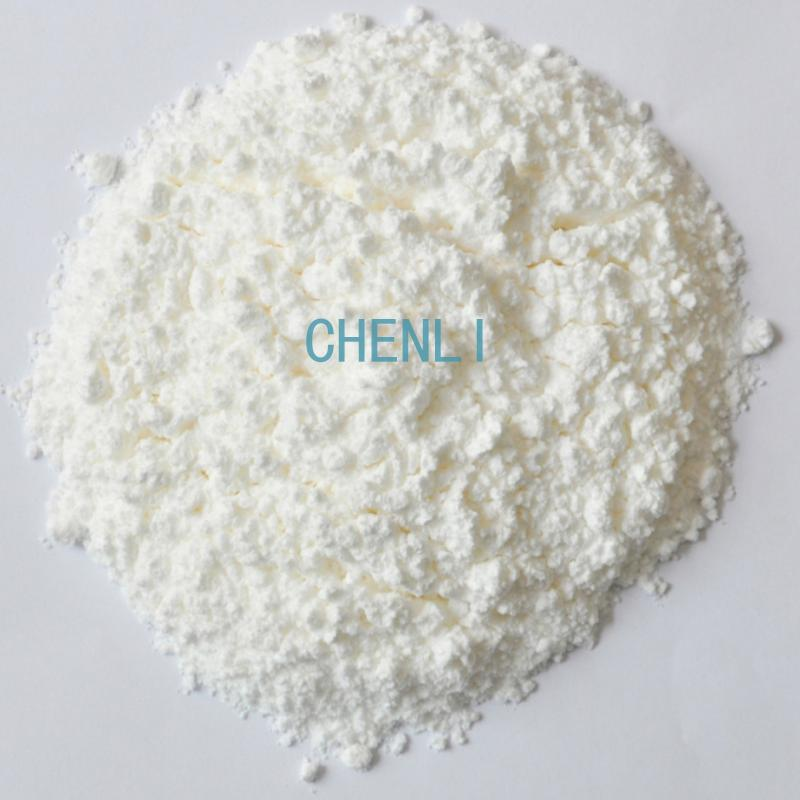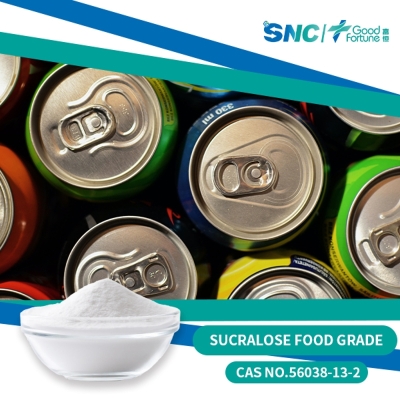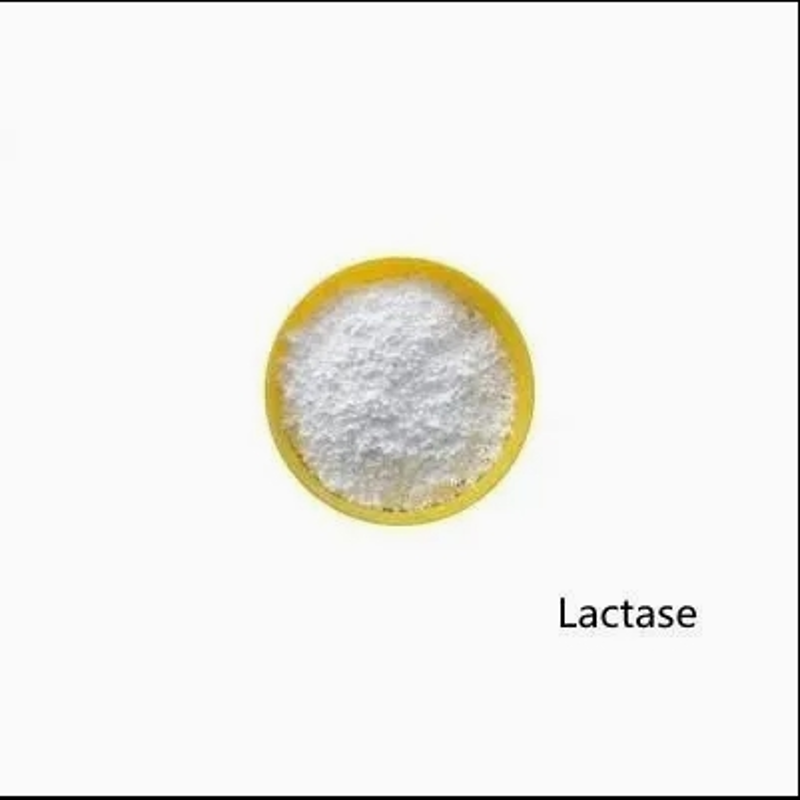-
Categories
-
Pharmaceutical Intermediates
-
Active Pharmaceutical Ingredients
-
Food Additives
- Industrial Coatings
- Agrochemicals
- Dyes and Pigments
- Surfactant
- Flavors and Fragrances
- Chemical Reagents
- Catalyst and Auxiliary
- Natural Products
- Inorganic Chemistry
-
Organic Chemistry
-
Biochemical Engineering
- Analytical Chemistry
-
Cosmetic Ingredient
- Water Treatment Chemical
-
Pharmaceutical Intermediates
Promotion
ECHEMI Mall
Wholesale
Weekly Price
Exhibition
News
-
Trade Service
Food Partners Network News October 11, Guangxi Zhuang Autonomous Region Food and Drug Administration announced a new issue of food safety supervision and sampling information, a total of sampling grain processing products, alcohol, sugar, edible agricultural products and other 4 categories of food 318 batches of samples, found that 20 batches of products are not qualified.
consumers must be careful not to buy these batches when purchasing these products.
fresh wet rice flour unqualified accounted for 60% of the information shows that the sampling of rice flour failed the most cases, there are 12 batches, accounting for 60% of the number of all unqualified food.
Among them, 5 batches of "fresh wet rice flour" samples detected the E. coli group exceeding the standard, 3 batches of "fresh wet rice flour" samples detected the total number of colonies exceeding the standard, 3 batches of "fresh wet rice flour" samples detected both the total number of E. coli groups exceeding the standard and the total number of colonies exceeded the standard, and 1 batch of "fresh wet rice flour" samples detected dehydroacetic acid and its sodium salt.
, E. coli, the total number of colonies and other microbial indicators are not qualified, indicating that the food was contaminated by microorganisms, its hygiene is not up to standard.
food is contaminated with microorganisms, which can lead to the destruction of the nutritional content of food, the acceleration of corruption, loss of edible value and so on.
consumers eat microbial food, easy to produce vomiting, diarrhea and other symptoms, causing dysentery and other intestinal diseases, endangering human health and safety.
6 batches of edible agricultural products are not qualified in this sampling also found that 6 batches of edible agricultural products are not qualified.
among them, Fangjia has (ZR-120 stalls) sales of "pig hind leg meat" samples (trademark:/, purchase date: 2018-06-26, specifications:/) and "pig liver" samples (trademarks:/, purchase date: 2018-06-26, specification:/) detected sodium PCP.
Sodium PCP is an organochlorine pesticide and a chloroform hydrocarbon insecticide and fungicide.
"Maximum Residual Limits for Veterinary Medicines in Animal Foods" (Ministry of Agriculture Proclamation No. 235) stipulates that sodium PCP is a prohibited drug and may not be detected in animal food.
3 batches of vegetables detected agricultural residues, heavy metals exceeded the standard.
Beijing Hualian General Supermarket Co., Ltd. Nanning 4th Branch sales of "leek" samples (trademark:/, purchase date: 2018-07-10, specifications:/) detected moldy excess, checked value of 1.62mg/kg; Nanning Runping Commercial Co., Ltd. sold "leeks" samples (trademark:/, purchase date: 2018-07 -11, specifications:/) detected cadmium exceeding the standard, detected a value of 0.19mg/kg, Nanning Xingning Nancheng Department Store Mingxiu branch sales of "celery" samples (trademark:/, purchase date: 2018-07-12, specifications:/) detected persulphate exceeding the standard, detection value of 0.080mg/kg.
The Maximum Pesticide Residual Limit in National Standard Foods for Food Safety (GB 2763-2016) stipulates that the maximum residual limit for rotting mold in leeks is 0.2 mg/kg, and the maximum residual amount of parathion in leafy vegetables is 0.05 mg/kg.
And the National Standard for Food Safety Limits for Contaminants in Food (GB2762-2017) stipulates that cadmium limits of ≤0.05mg/kg in fresh vegetables (except leafy vegetables, legumes, root and tuber vegetables, stem vegetables, yellow cauliflower).
There is also a batch for Liuzhou City Central Jinyida department store sales of "red melon" samples (trademark:/, purchase date: 2018-06-12, specifications:/), the product detected acid price exceeded the standard, checked value of 3.3mg/g.
acid price mainly reflects the degree of oil acid failure in food.
the main reason for the non-conformity of acid prices is improper storage conditions, especially in the summer, by the climate and environmental factors are greater, easy to lead to the loss of fat oxidizing acid in food.
White sugar inspection excellent value of excess sampling also found that the Qinzhou City, Qinnan District, Nali Town Li Zhao store sales of the label "Anti-City Port City Anti-City Beach Camp Township Guixing Food Factory" production of "white sugar" samples (trademark:/, production date: 2017-11-10, specifications: 400 g / bag) color value exceeded the standard, checked value of 187IU.
color value is the physical and chemical embodiment of the appearance of sugar, is one of the important indicators to evaluate the quality of sugar, is a reflection of impurities, but also a reflection of the level of production technology.
the national standard "white sugar" (GB/T 317) to its corresponding product color values, and as one of the main basis for the classification of quality.
this supervision sampling found that 1 batch of sugar samples have color value detection values and packaging labels indicated level requirements do not match.
In addition to the above-mentioned products, Guangxi Bama Xinyuan Trading Co., Ltd. sales of the label "Guangxi Bama Shen Liquor Co., Ltd." production of "Bama Shen Liquor" samples (trademark: Bama Shen and pattern, production date: 2017-07-07, specifications: net content: 120ml) detected alcohol content does not match the label value.
food and drug regulatory departments of the relevant cities, counties (cities and districts) have disposed of the unqualified food found in the above-mentioned sampling.
Related Report: Guangxi Zhuang Autonomous Region Food and Drug Administration Food Safety Supervision and Inspection Information Announcement (No. 39, 2018 No. 160) This article was edited by the Food Partners Network Food Information Center, for the reference of netizens, welcome to reproduce, reproduce please indicate the source! If you have any questions, news@foodmate.net.
。







